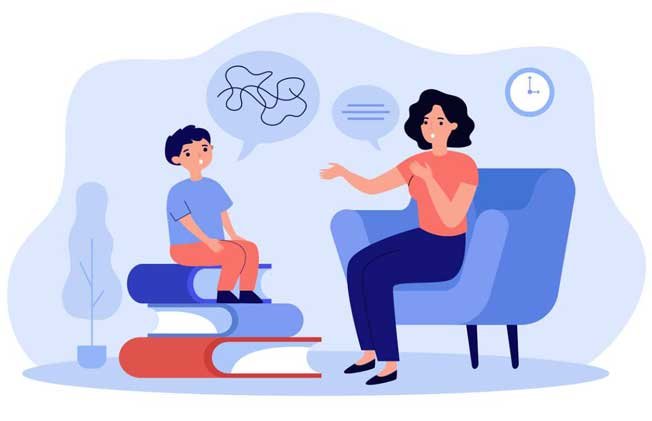Medication Options for Managing Postpartum Depression
For some individuals, medication can play a role in managing postpartum depression symptoms. Common options
include:
1. Selective Serotonin Reuptake Inhibitors (SSRIs): Often prescribed to help regulate mood and
reduce depressive symptoms.
2. Serotonin-Norepinephrine Reuptake Inhibitors (SNRIs): Used to improve mood, energy levels, and
emotional balance.
3. Hormone Therapy: In some cases, balancing postpartum hormone levels may help alleviate symptoms.
Medication should always be discussed with a healthcare provider to ensure safety, especially for those who
are breastfeeding.
Consult Now
Holistic Approaches to Postpartum Depression Relief
In addition to traditional treatment, we offer holistic methods to support emotional well-being during the postpartum period.
Key Strategies in Postpartum Depression Treatment:
1. Yoga and Meditation: To promote relaxation, mindfulness, and emotional balance.
2. Nutritional Counseling: Exploring how diet impacts mood and energy levels.
3. Acupuncture: For stress reduction and overall emotional well-being.
These holistic approaches can complement treatment and medication, providing a well-rounded path to recovery.
Consult Now









